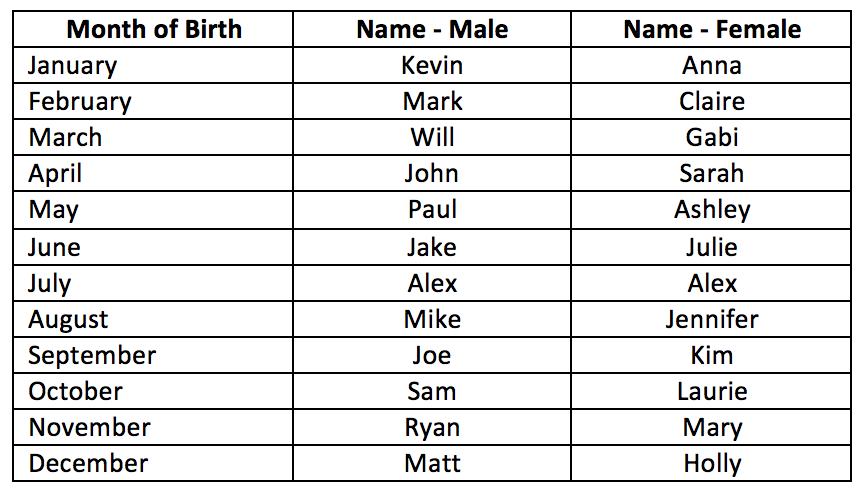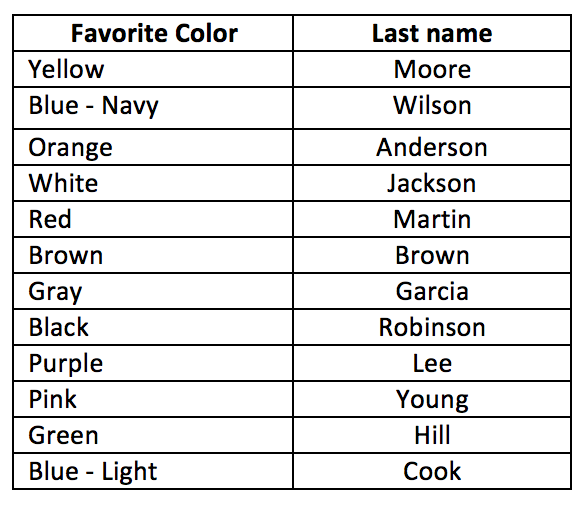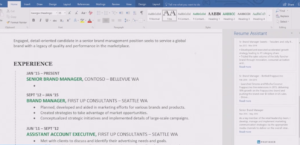I’ve noticed that certain recruiters have it easier than others. If you have a ‘unique’ name, you know what I’m talking about! You might spend the first two minutes on your conversation trying to get the candidate to say your name correctly! If you leave a message and they call back to your office it’s often hilarious at what name they ask for.
It’s a real problem for our industry, especially in America, where we tend to only want to respond to names we know we can pronounce. Think this isn’t a problem? Go out on LinkedIn and search for recruiter working for Indian RPO services. You’ll find a ton of these recruiters have changed their name to a more ‘American’ version because it helps get higher responses.
The thought process is, from the candidate’s perspective, is that if a recruiter’s name is “Paul Raja” vs. “Praveen Raja” that “Paul” probably speaks great English, so I’ll call him back, but “Praveen” might not speak as well. Is that dumb logic? Yes! Is that happening? YES! (By the way, this has happened for decades with Chinese engineering students as well, who will take very American first names because recruiters are more likely to call “Joe Lee” then “Huang Lee”)
So, what does it take to the have the perfect Recruiter name to get candidates to call you back?
First, you need a name that is recognizable and easy to say for the population you’re trying to recruit, and usually, one syllable is better. Thus, if you’re recruiting traditionally Hispanic employees, you would want a traditional Hispanic name, etc.
– In America: Mary, Mark, John, Jill, Jose, Maria, etc.
– In England: Holly, Simon, Henry, Olivia, etc.
Second, you shouldn’t have a name from a TV show or movie:
– Theon, Skyler, Tristen, Miley, etc.
Third, you want a last name that is common, but not too common, like it’s made up:
– Smith is out, but Brown is okay, as long as Brown isn’t paired with Charlie
– Bonernose is out, as would be Newbutt.
Finally, you don’t want to be the person with two first names or two last names. It’s too confusing for candidates:
– Kevin Johns or Mary George
– Turner Wilcox or Lee Nelson
That’s why I put together this easy to use Recruiter Name Generator! All you need to know is the month you were born in, and your favorite color, and BAM! You’ve got your very own, easy to use, will probably get a callback, new Recruiter Name:
So, using the easy to use charts above my new Recruiter name is: Mark Wilson!
Wouldn’t you want a call from “Mark Wilson”? Doesn’t “Mark Wilson” sound official, while also being competent and kind? Of course, he does!
What’s your new Recruiter name?



